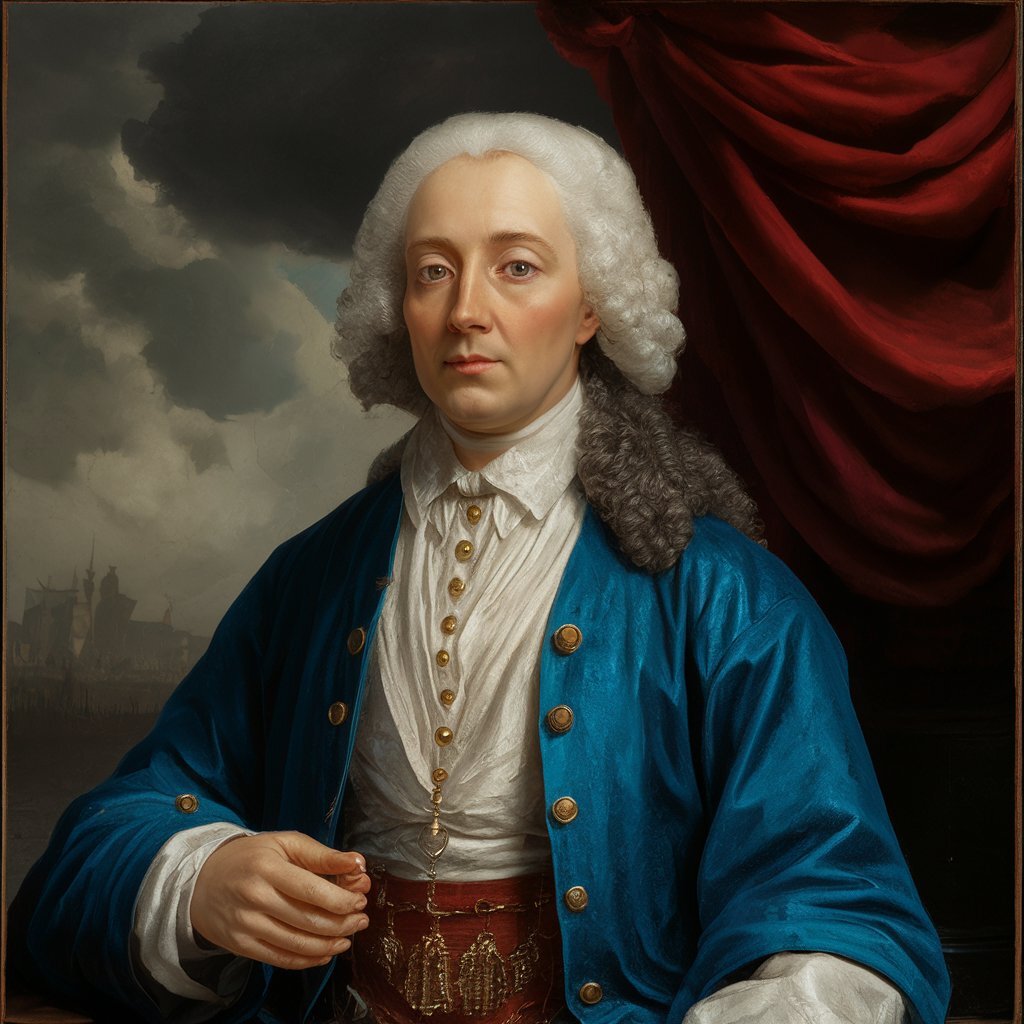
Did you know that history is packed with mind-blowing facts that can leave you speechless? From ancient civilizations to modern times, historical facts offer a glimpse into the past, revealing stories that shaped our world. Imagine learning about the Great Wall of China, which stretches over 13,000 miles, or discovering that Cleopatra lived closer in time to the moon landing than to the construction of the pyramids. These tidbits not only spark curiosity but also deepen our understanding of human achievements and failures. Buckle up as we journey through 30 amazing historical facts that will enrich your knowledge and maybe even make you the star of your next trivia night!
Ancient Civilizations
Ancient civilizations have left behind fascinating stories and incredible achievements. Let's explore some mind-blowing facts about these early societies.
-
The Great Pyramid of Giza was the tallest man-made structure in the world for over 3,800 years. It stood at 146.6 meters (481 feet) until the Lincoln Cathedral was completed in 1311 AD.
-
The ancient city of Babylon had one of the Seven Wonders of the Ancient World: the Hanging Gardens. These gardens were said to be an extraordinary feat of engineering, though their exact location remains a mystery.
-
The Indus Valley Civilization, one of the world's earliest urban cultures, had advanced drainage systems and public baths. Their cities were well-planned with grid layouts, showcasing impressive urban planning skills.
-
The ancient Greeks invented the concept of democracy. In Athens, citizens could participate directly in decision-making, laying the foundation for modern democratic systems.
-
The Roman Empire built an extensive network of roads, totaling about 250,000 miles. These roads facilitated trade, military movements, and communication across the vast empire.
Medieval Marvels
The medieval period was a time of knights, castles, and significant cultural developments. Here are some intriguing facts from this era.
-
The Black Death, which struck Europe in the 14th century, killed an estimated 25-30 million people. This pandemic drastically reduced the population and had profound social and economic impacts.
-
Gothic cathedrals, like Notre-Dame in Paris, were architectural masterpieces. These structures featured flying buttresses, ribbed vaults, and stunning stained glass windows.
-
The medieval manuscript "The Book of Kells" is an illuminated manuscript Gospel book in Latin. It is renowned for its intricate and colorful illustrations, showcasing the artistry of medieval monks.
-
The Knights Templar, a medieval Christian military order, became incredibly wealthy and powerful. They were eventually disbanded by Pope Clement V in 1312, leading to numerous legends and myths about their hidden treasures.
-
The Magna Carta, signed in 1215, was a crucial document in the development of constitutional law. It limited the powers of the king and established certain legal rights for English citizens.
Renaissance Revelations
The Renaissance was a period of great cultural and intellectual growth. Discover some remarkable facts from this transformative era.
-
Leonardo da Vinci was not only a brilliant artist but also an inventor. He conceptualized designs for flying machines, armored vehicles, and even a rudimentary robot.
-
The printing press, invented by Johannes Gutenberg in the mid-15th century, revolutionized the spread of information. It made books more accessible and played a key role in the spread of the Renaissance and Reformation ideas.
-
Michelangelo's Sistine Chapel ceiling is one of the most famous artworks of the Renaissance. It took him four years to complete, and he painted much of it while lying on his back.
-
The Medici family were prominent patrons of the arts during the Renaissance. Their support helped fuel the careers of artists like Leonardo da Vinci, Michelangelo, and Botticelli.
-
The Renaissance saw the rediscovery of classical Greek and Roman texts. Scholars like Petrarch and Erasmus played a crucial role in reviving ancient knowledge and promoting humanism.
Age of Exploration
The Age of Exploration opened up new worlds and changed global history forever. Here are some fascinating facts from this era of discovery.
-
Christopher Columbus's voyages to the Americas in 1492 were funded by the Spanish monarchs Ferdinand and Isabella. His expeditions paved the way for European colonization of the New World.
-
Ferdinand Magellan's expedition was the first to circumnavigate the globe. Although Magellan himself did not complete the journey, his crew proved that the Earth was round and could be circumnavigated by sea.
-
The Aztec Empire, encountered by Spanish conquistadors in the early 16th century, had a highly advanced society. They built impressive cities like Tenochtitlán, which featured complex infrastructure and grand temples.
-
The Inca Empire, located in present-day Peru, had an extensive network of roads and bridges. They used a system of knotted strings called quipus for record-keeping and communication.
-
The Columbian Exchange refers to the widespread transfer of plants, animals, culture, and ideas between the Americas and the Old World. This exchange had profound effects on global agriculture, cuisine, and population growth.
Industrial Revolution Insights
The Industrial Revolution transformed societies and economies. Let's delve into some key facts from this pivotal period.
-
The steam engine, invented by James Watt, was a driving force behind the Industrial Revolution. It powered factories, mines, and transportation, leading to unprecedented industrial growth.
-
The first successful flight of the Wright brothers' airplane took place in 1903. This marked the beginning of modern aviation and revolutionized transportation.
-
The invention of the telegraph by Samuel Morse in the 1830s revolutionized communication. It allowed for instant long-distance communication, shrinking the world in terms of information exchange.
-
The Industrial Revolution saw the rise of child labor in factories. Children as young as five worked long hours in dangerous conditions, leading to eventual labor reforms.
-
The construction of the Transcontinental Railroad in the United States, completed in 1869, connected the East and West coasts. This monumental project facilitated trade, travel, and the expansion of the American frontier.
Modern Marvels
Modern history is filled with incredible achievements and events. Here are some noteworthy facts from recent times.
-
The first manned moon landing occurred on July 20, 1969. Astronauts Neil Armstrong and Buzz Aldrin became the first humans to set foot on the lunar surface.
-
The internet, developed in the late 20th century, has revolutionized communication, commerce, and information sharing. It has become an integral part of daily life for billions of people worldwide.
-
The fall of the Berlin Wall in 1989 marked the end of the Cold War. This event symbolized the collapse of communist regimes in Eastern Europe and the reunification of Germany.
-
The Human Genome Project, completed in 2003, mapped the entire human genome. This groundbreaking scientific achievement has opened up new possibilities in medicine and genetics.
-
The COVID-19 pandemic, which began in late 2019, has had a profound impact on global health, economies, and daily life. It has highlighted the importance of public health measures and international cooperation in combating pandemics.
The Final Countdown
History's full of surprises, isn't it? From Cleopatra's closer timeline to the moon landing than the Great Pyramid's construction, to the fact that Oxford University predates the Aztec Empire, these tidbits make history feel alive. They remind us that the past isn't just a series of dates and events but a rich tapestry of stories that connect us all.
Knowing these facts can make you the star of any trivia night or just give you a deeper appreciation for how interconnected our world is. History isn't just about what happened; it's about understanding how those events shape our present and future.
So next time you hear a historical fact, think about the bigger picture. You might just find a new favorite story or a surprising connection you never knew existed. Keep exploring, keep learning, and most importantly, keep being curious.
Was this page helpful?
Our commitment to delivering trustworthy and engaging content is at the heart of what we do. Each fact on our site is contributed by real users like you, bringing a wealth of diverse insights and information. To ensure the highest standards of accuracy and reliability, our dedicated editors meticulously review each submission. This process guarantees that the facts we share are not only fascinating but also credible. Trust in our commitment to quality and authenticity as you explore and learn with us.


